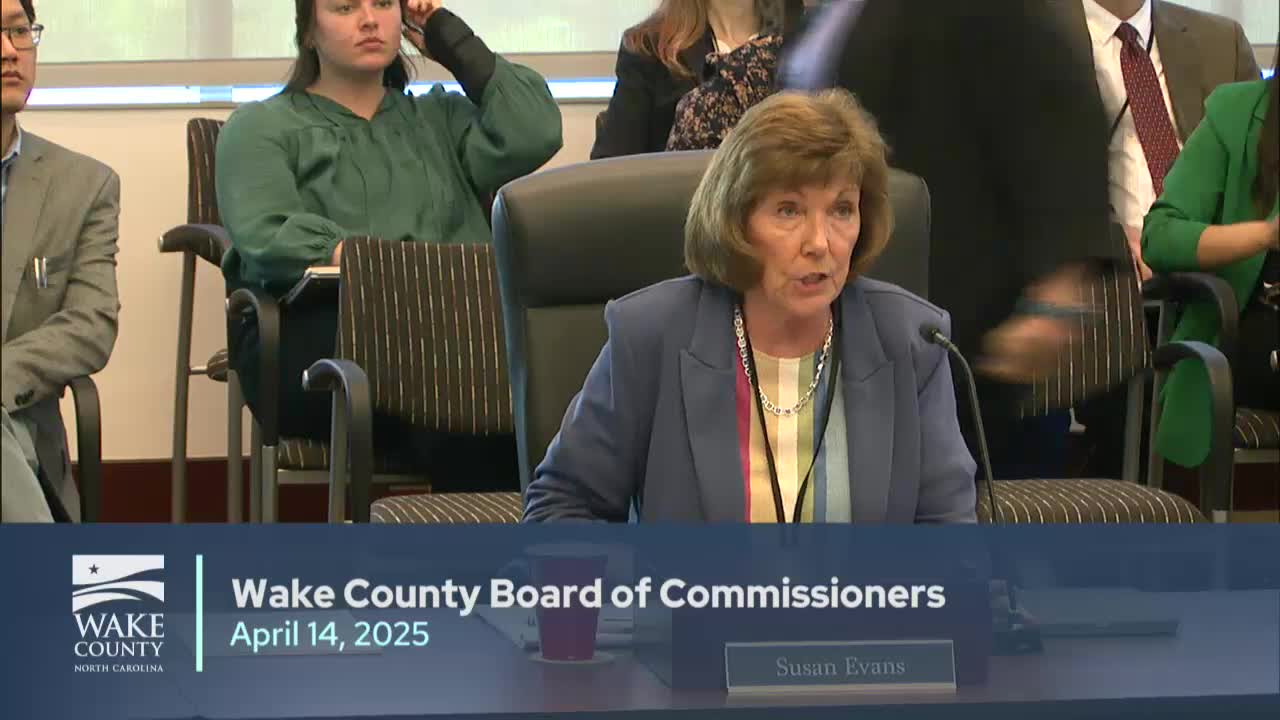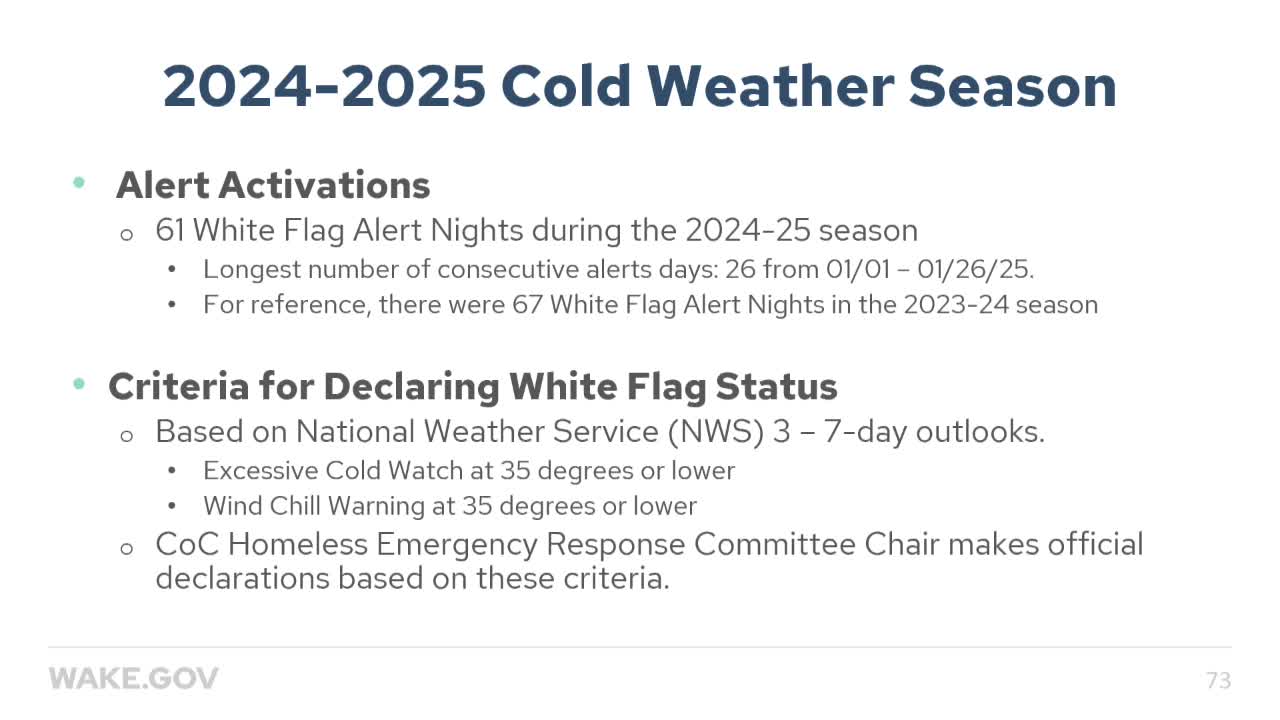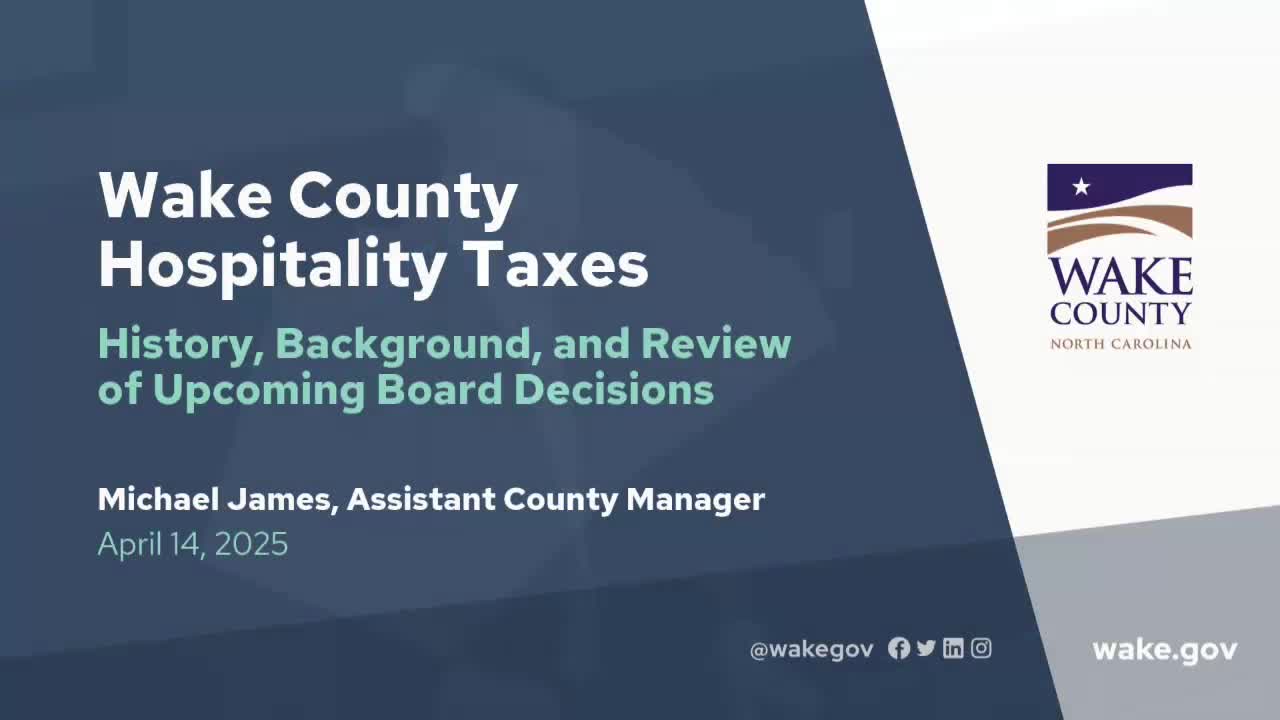Article not found
This article is no longer available. But don't worry—we've gathered other articles that discuss the same topic.

CAMPO presents draft 10‑year Wake Transit investment strategy, prioritizes BRT and community funding areas

Wake County outlines white‑flag cold‑weather sheltering and plans for Second Street Place permanent shelter

